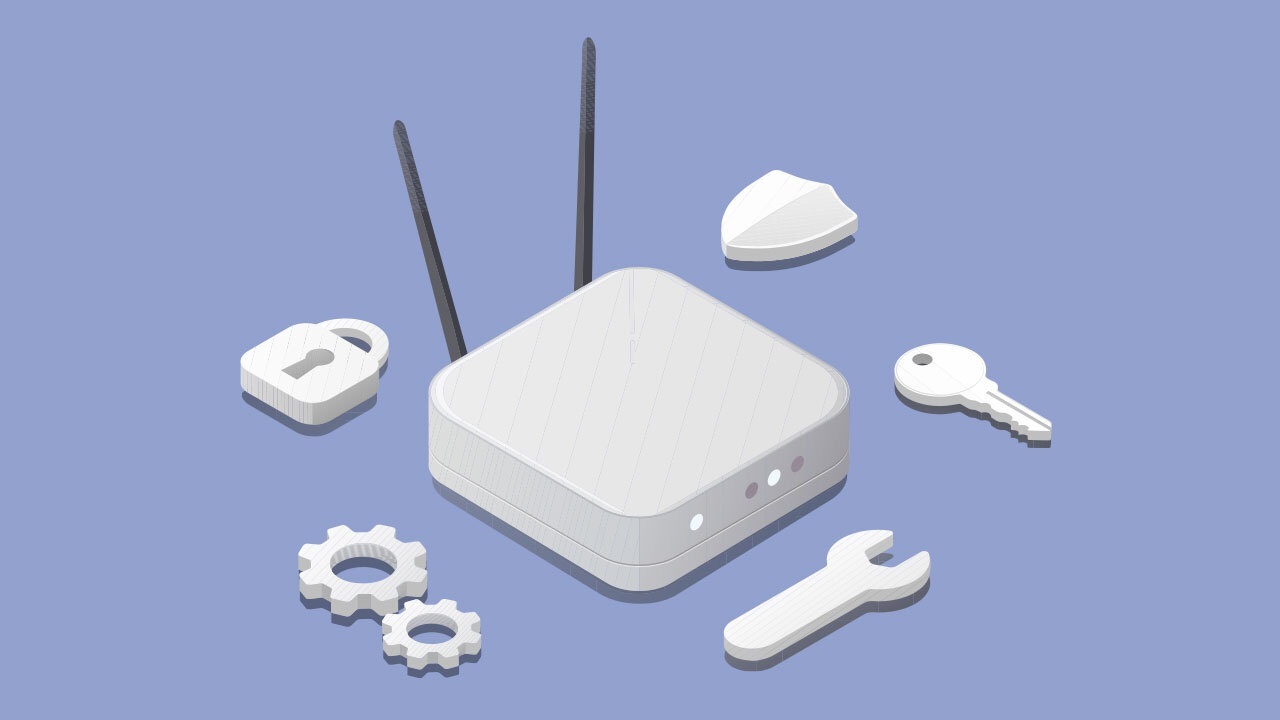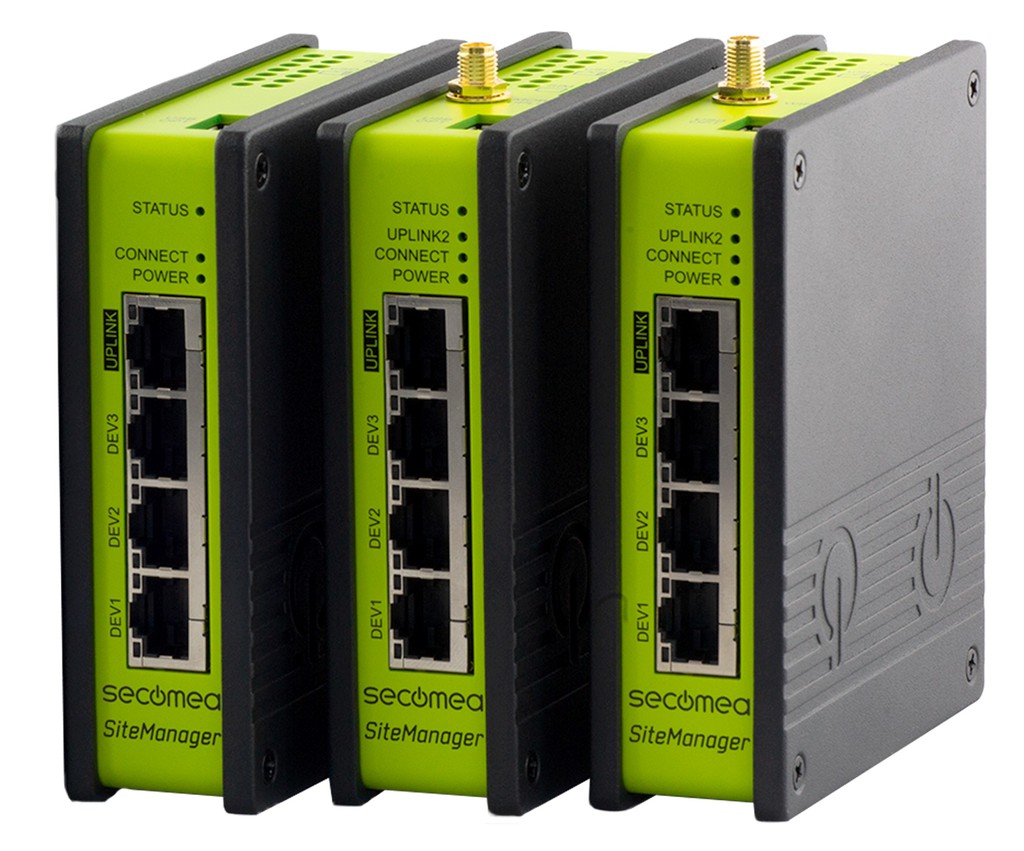In today's digital age, remote access device behind router has become an essential component for businesses and individuals alike. It allows users to connect to devices located within a private network securely and efficiently. Whether you're working remotely or managing a network from afar, understanding how remote access devices work behind a router is crucial for maintaining productivity and security.
The concept of remote access has evolved significantly over the years. With advancements in technology, accessing devices remotely has become more accessible and reliable. However, ensuring secure access while maintaining network integrity remains a challenge. This article will delve into the intricacies of remote access devices behind routers, providing you with the knowledge to set up and manage them effectively.
By the end of this guide, you will have a comprehensive understanding of remote access devices, their configurations, security considerations, and best practices. Whether you're a network administrator, IT professional, or a tech-savvy individual, this article is tailored to equip you with the tools and insights needed to excel in this domain.
Read also:Unveiling The Secrets Of Wwwmasa49pro A Comprehensive Guide
Table of Contents
- Introduction to Remote Access Device Behind Router
- Benefits of Using Remote Access Devices
- Security Considerations for Remote Access
- Configuration Process for Remote Access
- Types of Remote Access Devices
- Common Issues and Troubleshooting
- Best Practices for Remote Access
- Remote Access and Privacy Concerns
- Future Trends in Remote Access Technology
- Conclusion and Call to Action
Introduction to Remote Access Device Behind Router
A remote access device behind router enables users to connect to devices within a private network from a remote location. This setup is particularly useful for individuals and organizations that require access to internal systems without physically being present. Understanding the basics of remote access devices is essential for optimizing their functionality and ensuring secure connections.
How Remote Access Works
Remote access technology operates by creating a secure tunnel between the remote device and the target device located behind a router. This tunnel encrypts data transmissions, ensuring confidentiality and integrity. Common protocols used for remote access include SSH, RDP, and VPN.
Key Components of Remote Access
- Router: Acts as a gateway between the internal network and the external world.
- Firewall: Provides an additional layer of security by filtering incoming and outgoing traffic.
- Authentication: Ensures only authorized users can access the network.
Benefits of Using Remote Access Devices
Implementing remote access devices behind a router offers numerous advantages, particularly in today's remote work environment. Below are some of the key benefits:
- Increased Productivity: Employees can access work resources from anywhere, improving efficiency and collaboration.
- Cost Savings: Reduces the need for physical office space and travel expenses.
- Flexibility: Enables businesses to adapt to changing work dynamics and customer demands.
Security Considerations for Remote Access
While remote access devices enhance connectivity, they also introduce potential security risks. It is vital to address these concerns to protect sensitive data and maintain network integrity.
Common Security Threats
- Unauthorized Access: Malicious actors may attempt to gain access to your network through weak authentication protocols.
- Data Breaches: Sensitive information transmitted over unsecured channels can be intercepted.
- Malware Attacks: Remote access devices can serve as entry points for malware if not properly secured.
Securing Your Network
To mitigate these risks, implement robust security measures such as two-factor authentication, encryption protocols, and regular software updates. Additionally, educating users about best security practices is crucial for maintaining a secure network environment.
Configuration Process for Remote Access
Setting up a remote access device behind a router requires careful planning and execution. Follow these steps to configure your device securely:
Read also:Who Was James Arness Married To Unveiling The Life And Loves Of A Hollywood Legend
Step 1: Access Your Router
Log in to your router's admin panel using the provided credentials. Ensure you update the default username and password to enhance security.
Step 2: Enable Port Forwarding
Port forwarding allows external devices to communicate with devices on your local network. Configure the necessary ports based on the remote access protocol you intend to use.
Step 3: Install and Configure Remote Access Software
Select a reliable remote access software and install it on both the remote and target devices. Configure the software settings to align with your router's specifications.
Types of Remote Access Devices
Various remote access devices cater to different needs and preferences. Below are some of the most commonly used types:
- Hardware-based Devices: Dedicated appliances designed for remote access, offering enhanced performance and security.
- Software-based Solutions: Applications that can be installed on existing devices, providing flexibility and cost-effectiveness.
- Cloud-based Services: Leveraging cloud infrastructure for remote access, offering scalability and ease of management.
Common Issues and Troubleshooting
Despite careful configuration, issues may arise when using remote access devices. Below are some common problems and their solutions:
Connection Errors
Connection errors can occur due to incorrect port configurations or firewall restrictions. Verify your router settings and ensure all required ports are open.
Performance Issues
Slow performance may result from insufficient bandwidth or outdated hardware. Upgrade your network infrastructure and optimize your remote access settings to improve performance.
Best Practices for Remote Access
Adopting best practices ensures a secure and efficient remote access setup. Consider the following recommendations:
- Regularly Update Software: Keep your remote access software and firmware up to date to address security vulnerabilities.
- Monitor Access Logs: Track user activity to detect any suspicious behavior promptly.
- Implement Strong Password Policies: Enforce the use of complex passwords and change them periodically.
Remote Access and Privacy Concerns
Privacy is a critical consideration when implementing remote access devices behind a router. Ensure compliance with data protection regulations and safeguard user information through encryption and access controls.
Data Protection Regulations
Familiarize yourself with relevant data protection laws such as GDPR and HIPAA. Implementing compliance measures not only protects user data but also avoids legal repercussions.
Future Trends in Remote Access Technology
The future of remote access technology looks promising, with advancements in AI, machine learning, and quantum computing shaping the landscape. These innovations will enhance security, improve performance, and expand the capabilities of remote access devices.
Emerging Technologies
- Zero Trust Architecture: A security model that assumes no implicit trust, requiring verification for every access attempt.
- Quantum Encryption: Utilizing quantum mechanics to create unbreakable encryption methods.
Conclusion and Call to Action
In conclusion, mastering remote access device behind router is essential for anyone involved in network management or remote work. By understanding the fundamentals, addressing security concerns, and adopting best practices, you can create a secure and efficient remote access setup.
We encourage you to share your thoughts and experiences in the comments section below. Additionally, explore other articles on our website for more insights into technology and networking. Together, let's build a safer and more connected digital world!


